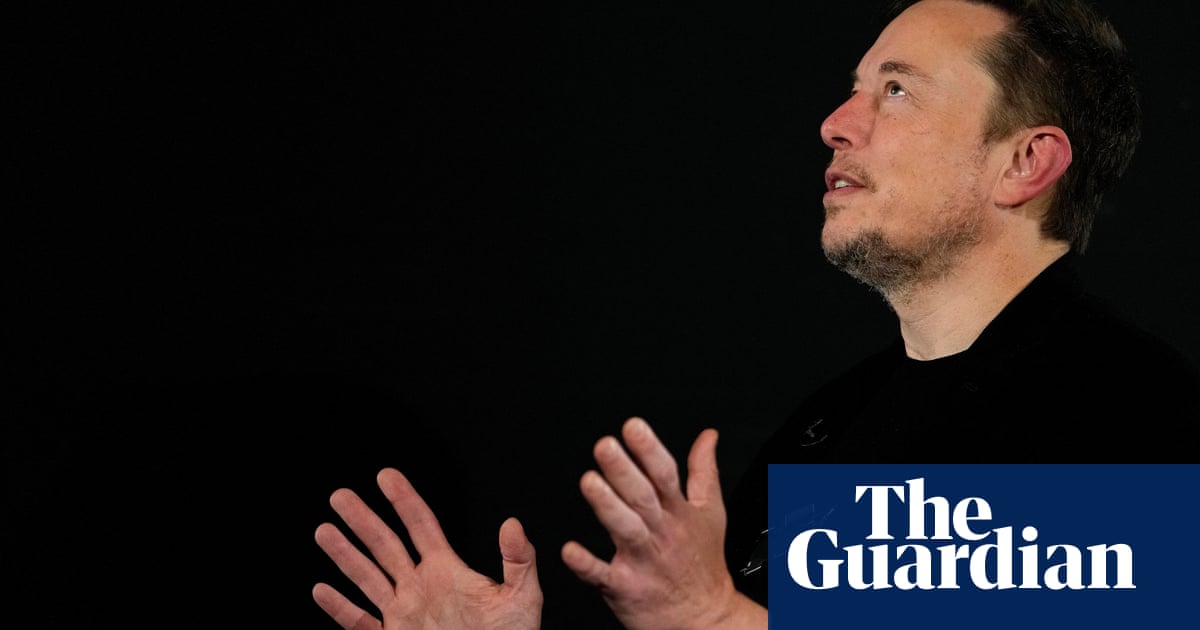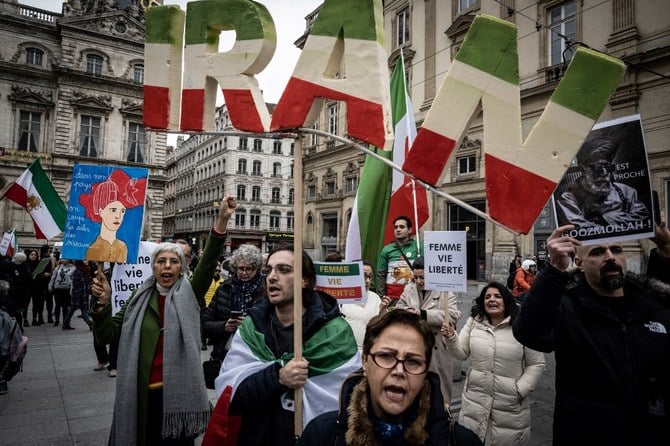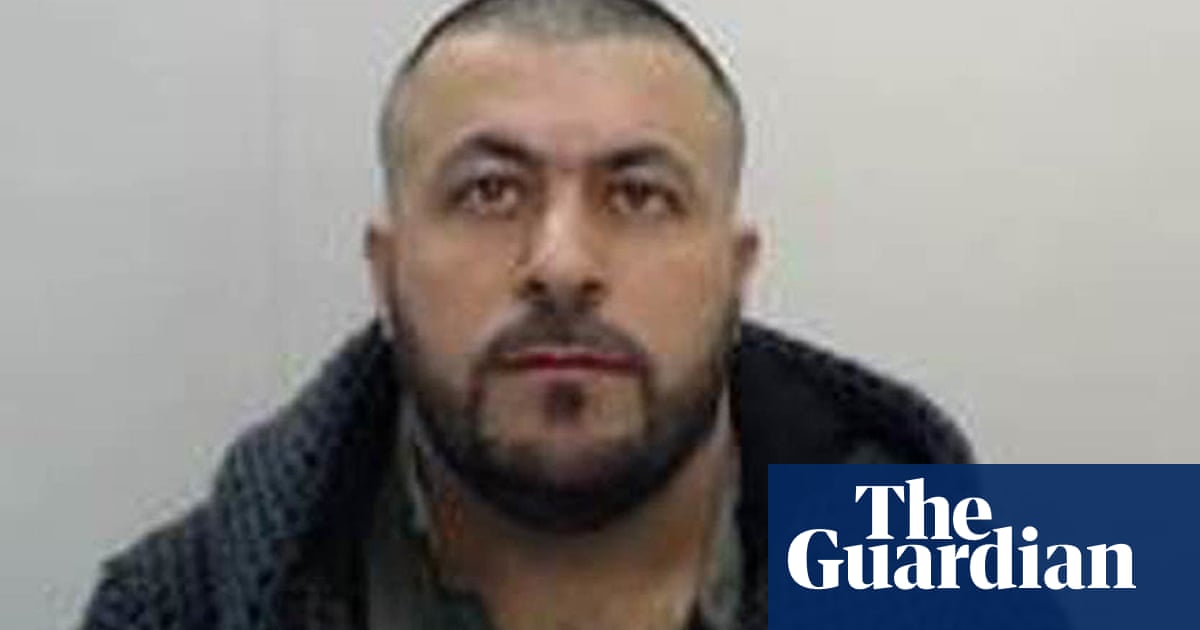
Rich Russian billionaires, the so-called oligarchs, are just too tempting to turn down, not least for some of the flailing, cash-starved economies of Europe. But, as Russia heads into more sparring with the US and European states, will this billion-dollar money-laundering bonanza be brought to a halt?
Russia denies such a thing as oligarchs even exist. The oft-quoted Kremlin spokesperson Dmitry Peskov claimed: “The time when there were oligarchs in Russia passed long ago, there are no oligarchs in Russia.” Treat this with the tiniest pinch of sodium chloride.
Cravings for a taste of this lucre are offset by the threat from the Russian Bear and European dependency on its supplies of gas, aluminum and other materials. Vladimir Putin’s Russia has rattled enough sabers, not least on its western flank. Russia’s intervention in Syria, its role in bombing Syrian cities and its unwillingness to prevent the Assad regime using chemical weapons has also triggered hostile rhetoric, if little in the way of concrete responses against Moscow. Most recently, the Netherlands announced that it held Russia legally responsible for its role in the missile attack on the Malaysian airliner, MH17, in 2014. Those who cherish democracy in the US and in Europe, which is far from everyone, are also incandescent about Russian interference in a multitude of elections.
The British government is at the core of these efforts, offering trenchant criticism of Russian activities, accusing the Russian state of the attempted assassination of a Putin opponent, Sergei Skripal, and his daughter Yulia in March using military-grade nerve agents. Prime Minister Theresa May cannot afford to be seen as weak, though her choice of responses range from the lame to the little better than token.
But the pressure is on her. A hard-hitting report in May from Parliament’s influential Foreign Affairs Select Committee concluded: “The use of London as a base for the corrupt assets of Kremlin-connected individuals is now clearly linked to a wider Russian strategy and has implications for our national security. Combating it should be a major UK foreign policy priority.”
London is a favored destination for rubles. The UK’s National Crime Agency claims that “many hundreds of billions of pounds of international criminal money is laundered through UK banks, including their subsidiaries, each year.” Oligarchs conceal their wealth in London property, with British private schools a preferred destination for their children. Russian wealth has also headed to Cyprus, Switzerland and Spain, countries that have made tempting offers, including fast-track citizenship, to attract investments. Many Russians do not have any faith in their home country’s economy and banking system. Some estimate that there are around 100 such billionaires.
Hurting this super-rich class is seen as punishing Putin himself.
Chris Doyle
The most high-profile oligarch in Britain, the owner of Chelsea Football Club Roman Abramovich, has encountered delays in the renewal of his visa. Is this just a blip, a warning, or will it become an official denial of entry? For years, the British establishment happily turned a blind eye and asked no questions as to where his extraordinary riches materialized. Perhaps he is paying the price for his closeness to Putin, who once referred to him as “our oligarch.”
Perhaps as a result, Israel has a new richest man: Abramovich has been granted Israeli citizenship. Under a relatively recent law, new Israeli immigrants do not have to answer questions regarding their wealth and assets for at least 10 years, which is somewhat convenient. He also will get, as all Israeli citizens do, visa-free access to the EU and therefore, for the time being, Britain.
The oligarchs are nearly all close to Putin, part of what many see as a mafia state. Accruing such wealth is nigh on impossible without being part of the inner sanctum of power. Challenge Putin and they will likely experience a swift fall from grace, as happened to Mikhail Khodorkovsky, who, when arrested in 2003, was reputedly Russia’s wealthiest person.
Hurting this super-rich class is seen as punishing Putin himself. The chief cheerleader and tireless campaigner for sanctions against Russians around Putin is Bill Browder, a man many see as the Kremlin’s No. 1 enemy. Ever since fleeing Russia, Browder has been campaigning worldwide for so-called Magnitsky Acts, named after his friend and colleague Sergei Magnitsky, a lawyer who reportedly died under torture in Russian detention in 2009 after he had uncovered a corruption scandal. Browder’s key goal was a US Magnitsky Act, which was passed in 2012, that targets specified individuals. It has been followed by similar measures in a host of other countries, including most recently in Britain.
Putin had Browder’s name added to Interpol’s wanted list, albeit on bogus grounds. A bizarre arrest in Spain last month on what appeared to be a new Russian warrant ended only when Interpol advised the Spanish authorities not to honor it. “This is the sixth time that Russia has abused Interpol in my case,” Browder claimed. Questions must be asked as to how this happened.
Make no mistake, going after the “oligarchs” is putting pressure on the Russian state. Browder argues that Putin is the biggest oligarch of all. Quite how determined the US and European states are might be judged by just how keenly they take the fight to the Kremlin, and whether there is a mass reverse capital flight back to Russia.
Only by united, concerted actions will Russia feel the heat — vulnerable as its economy, merely about the same size as Spain’s, is to sustained international pressure. The impression still remains that Russia punches as hard as it can, while its opponents only respond with a light slap on the wrists.
Chris Doyle is director of the London-based Council for Arab-British Understanding (CAABU). He has worked with the council since 1993 after graduating with a first class honors degree in Arabic and Islamic Studies at Exeter University. Twitter: @Doylech












